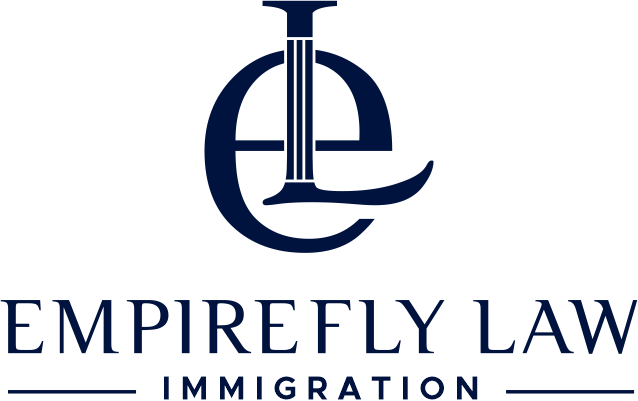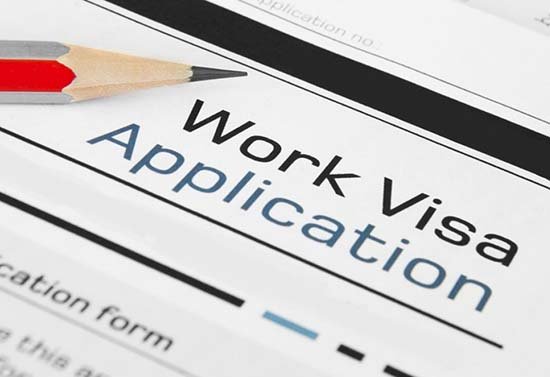Introduction
Are you a medical doctor from Africa aspiring to practice medicine in the United States? The pathway to achieving this goal involves several critical steps, from credential verification to securing the necessary visa. This guide provides a comprehensive overview of the process, helping you navigate the complexities and meet all the requirements.
1. Credential Verification and Evaluation
a. Educational Commission for Foreign Medical Graduates (ECFMG) Certification
– Purpose: The ECFMG certification is a fundamental requirement for international medical graduates (IMGs) who wish to practice medicine in the U.S. It verifies that your medical education meets U.S. standards.
– Steps Involved:
– Medical Education Credentials: Submit your medical school diploma and transcripts to ECFMG for verification.
– English Language Proficiency: If your medical education was not in English, you may need to pass an English proficiency exam.
b. United States Medical Licensing Examination (USMLE)
– USMLE Steps: The USMLE is a three-step examination process that assesses your ability to apply medical knowledge, concepts, and principles necessary for practicing medicine in the U.S.
– Step 1: Test your understanding of basic medical sciences.
– Step 2 Clinical Knowledge (CK): Assesses clinical knowledge.
– Step 2 Clinical Skills (CS): Evaluates practical skills (Note: As of January 2021, the Step 2 CS has been discontinued; check for current requirements).
Step 3: Assesses your ability to apply medical knowledge and understanding of biomedical and clinical sciences, which is essential for unsupervised practice.
2. Residency Match Process
a. Applying for Residency
– National Resident Matching Program (NRMP): This program matches IMGs with residency positions in U.S. hospitals. Your USMLE scores, ECFMG certification, and clinical experience are critical factors.
– Application Components: Include your medical school performance, letters of recommendation, personal statement, and clinical experience in your specialty of choice.
b. Gaining Clinical Experience
– Clinical Rotations: Consider participating in clinical rotations or observerships in U.S. hospitals. This experience is invaluable, enhances your understanding of the U.S. healthcare system, and helps build professional connections.
3. Securing a Visa
a. Visa Options for Medical Residents
– J-1 Visa: Sponsored by the ECFMG, this visa is commonly used by IMGs to participate in U.S. residency programs. It allows for the training and requires a return to your home country for two years after completing your residency unless a waiver is obtained.
– H-1B Visa: This visa may be an option for some residency programs, particularly if you are pursuing advanced medical training or fellowship.
b. Navigating Visa Requirements
– Application Process: After securing a residency position, the hospital or educational institution will help you with the visa application process. Ensure all your documents are accurate and complete to avoid delays.
4. Obtaining Medical Licensure
a. State Medical Licensure
– Requirements Vary by State: After completing residency, you must obtain a medical license in the state where you plan to practice. Each state has its own medical board and licensure requirements, which may include additional exams, background checks, and proof of clinical experience.
– Licensure Examination: Depending on the state’s requirements, you may need to pass additional state-specific exams.
5. Employment and Job Search
a. Finding Employment
– Networking: Building professional networks during residency and clinical rotations can increase job opportunities. Engage with mentors, peers, and professional organizations.
– Job Search Resources: Utilize job boards, recruitment agencies specializing in healthcare, and hospital websites to find job openings.
b. Credentialing and Hospital Privileges
– Credentialing Process: Hospitals and healthcare facilities will verify your qualifications, work history, and professional references before granting hospital privileges.
– Malpractice Insurance: Ensure you understand the requirements for malpractice insurance in your state and secure appropriate coverage.
Conclusion
Becoming a practicing medical doctor in the United States as an African IMG involves navigating a complex and rigorous process. Each step is critical to your success, from ECFMG certification to securing a visa and completing residency. At Empirefly Immigration Law Firm, we guide international medical professionals through the U.S. immigration and licensure process. Please contact us today for expert advice and personalized assistance in reaching your career goals in the United States.




